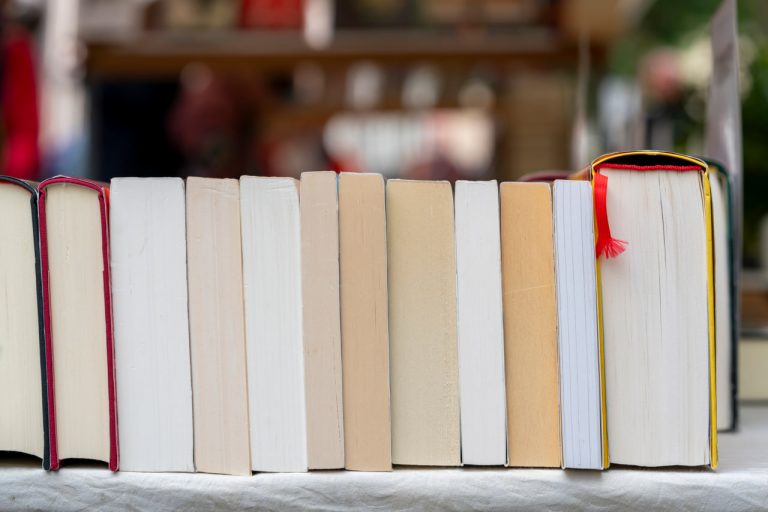How to Care for Your Antique Books at Home
Antique books are precious treasures that offer a window into history, culture, and art. Whether inherited from family, found in a secondhand shop, or collected as a hobby, these books require special care to preserve their condition and value. Proper maintenance can prevent damage, extend the life of your collection, and keep your books looking beautiful for generations. In this blog, we’ll explore practical tips and essential guidelines on how to care for your antique books at home.
Understanding the Fragility of Antique Books
Antique books are often fragile because of the materials used and the effects of aging. Paper can become brittle, bindings may weaken, and covers can suffer from wear and exposure to the environment. Factors such as light, humidity, temperature, dust, and handling habits all influence a book’s longevity. Recognizing these vulnerabilities helps you create the best conditions to protect your collection.
Proper Storage Conditions
One of the most important aspects of caring for antique books is providing the right environment. Books should be stored upright on shelves that support their spines without leaning or crowding. Avoid stacking heavy books on top of one another, as this can cause warping or crushing.
Control the temperature and humidity of the storage area. Ideal conditions are a stable temperature between 60-70°F (15-21°C) and relative humidity around 40-50%. Excessive humidity can encourage mold growth, while very dry conditions can cause paper to become brittle. Use dehumidifiers or humidifiers if necessary, and avoid storing books in basements, attics, or places prone to extreme temperature fluctuations.
Protecting from Light and Dust
Exposure to sunlight and artificial light can cause fading of covers, illustrations, and text, as well as weaken paper fibers. Store your antique books away from direct sunlight or use UV-protective window films and curtains to minimize light damage.
Dust is abrasive and can attract moisture and pests. Regularly dust your books and shelves with a soft, dry cloth or a gentle brush. Avoid using chemical cleaners on books as they may cause harm.
Handling Antique Books with Care
When handling antique books, always ensure your hands are clean and dry. Avoid using lotions or creams beforehand as they can transfer oils onto the pages. Support the spine by holding the book gently with both hands, and never force a book to open flat, as this can cause the binding to crack.
Use bookmarks instead of folding pages to mark your place, and avoid writing or highlighting in antique volumes. If a page is torn or loose, resist the urge to repair it yourself and consult a professional conservator.
Cleaning and Minor Repairs
Surface cleaning can be done carefully with a soft brush or a dry cleaning sponge specifically designed for paper. For dirt on leather covers, a dry cloth or special leather conditioner can be applied sparingly.
If your book shows signs of significant damage such as loose pages, torn paper, or damaged binding, it’s best to seek professional restoration. Attempting repairs without expertise can cause further harm and reduce the book’s value.
Using Protective Covers and Boxes
Protective covers, such as acid-free dust jackets or custom-made boxes, provide an additional layer of defense against dust, light, and physical damage. Archival-quality materials are essential as they do not release harmful acids or chemicals that can degrade the book over time.
Boxes and slipcases also help maintain stable environmental conditions and prevent books from leaning or falling off shelves.
Regular Inspection and Maintenance
Periodically inspect your antique books for any signs of damage, mold, insect infestation, or environmental stress. Early detection can prevent minor issues from becoming serious problems. Keep a record of the condition of your collection, noting any changes or repairs.
When to Consult a Professional
While many care tasks can be handled at home, restoration and conservation require specialized knowledge. Professional book conservators use appropriate materials and techniques to stabilize and repair antique books without compromising their integrity. If you notice significant damage or deterioration, contact a qualified expert to evaluate and recommend treatment.




